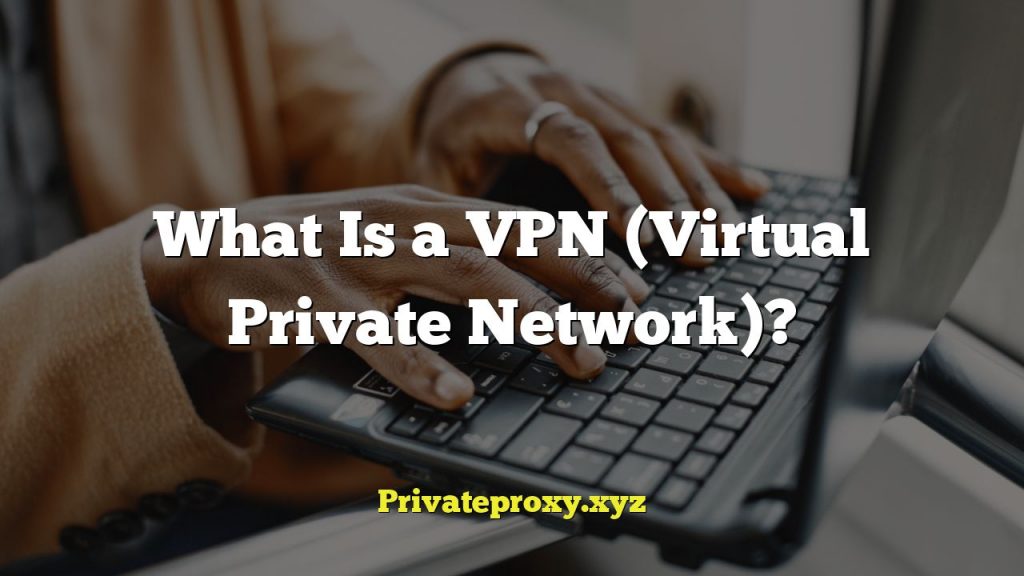
Understanding Google Censorship and Its Impact
Google, while being a ubiquitous source of information, is not immune to censorship. Censorship can manifest in various forms, ranging from algorithmic filtering of search results to outright removal of content. The reasons behind this can be multifaceted, including complying with local laws, avoiding controversy, or promoting specific agendas. This can significantly impact the information users can access, potentially leading to a skewed perception of events and limited access to diverse viewpoints. Understanding the nature and extent of Google’s censorship is crucial for those who value unrestricted access to information.
The types of content affected can vary widely. Political commentary that contradicts established narratives, controversial topics, and even specific news articles might be suppressed or deprioritized in search results. This can create an echo chamber effect, where users are primarily exposed to information that aligns with existing beliefs, hindering critical thinking and informed decision-making. Economic ramifications can also be significant, as businesses and individuals may find their content suppressed, impacting their visibility and revenue.
For individuals seeking unrestricted access to information, circumventing Google’s censorship becomes a necessity. While directly altering Google’s algorithms is impossible, users can employ various methods to bypass these restrictions and gain access to a wider range of perspectives. One of the most effective methods is using a Virtual Private Network (VPN).
What is a VPN and How Does It Work?
A Virtual Private Network (VPN) is a technology that creates a secure and encrypted connection between your device and a remote server. This server acts as an intermediary, masking your actual IP address and location. All your internet traffic is routed through this server, making it appear as if you are accessing the internet from the server’s location. This has several implications for circumventing Google censorship:
- IP Address Masking: By masking your IP address, a VPN prevents Google from tracking your actual location and tailoring search results based on your geographical location. This is particularly useful in countries with strict internet censorship policies.
- Data Encryption: VPNs encrypt your internet traffic, making it unreadable to third parties, including your internet service provider (ISP) and government agencies. This ensures that your online activities remain private and secure.
- Bypassing Geo-Restrictions: Many websites and services, including Google, impose geo-restrictions, limiting access based on the user’s location. A VPN allows you to bypass these restrictions by connecting to a server in a different country.
In essence, a VPN creates a secure tunnel for your internet traffic, allowing you to access information without being subjected to the censorship imposed by your ISP or local authorities. By connecting to a server in a country with less stringent internet policies, you can effectively bypass Google’s censorship and access a wider range of search results and content.
Choosing the Right VPN for Circumventing Google Censorship
Selecting the right VPN is crucial for effectively circumventing Google censorship. Not all VPNs are created equal, and some may be more suitable for this purpose than others. Here are some key factors to consider:
- Server Locations: Choose a VPN with a wide range of server locations, particularly in countries with free and open internet access. This allows you to connect to servers in different regions and bypass geo-restrictions.
- Security and Encryption: Look for a VPN that uses strong encryption protocols, such as AES-256, and has a strict no-logs policy. This ensures that your online activities remain private and secure.
- Speed and Reliability: A fast and reliable VPN is essential for seamless browsing and streaming. Choose a VPN with optimized servers and minimal speed throttling.
Beyond these technical considerations, read user reviews and compare the features of different VPN providers. Some VPNs offer specialized features, such as obfuscated servers, which are designed to mask VPN traffic and bypass VPN detection. Consider your specific needs and priorities when making your selection.
Setting Up and Using a VPN to Bypass Google Censorship
Setting up and using a VPN is generally straightforward. Most VPN providers offer user-friendly apps for various devices, including Windows, macOS, Android, and iOS. Here are the general steps involved:
- Choose a VPN Provider: Research and select a VPN provider that meets your needs and budget.
- Download and Install the VPN App: Download the VPN app from the provider’s website or app store and install it on your device.
- Create an Account and Log In: Create an account with the VPN provider and log in to the app.
- Select a Server Location: Choose a server location in a country with free and open internet access.
- Connect to the VPN: Click the “Connect” button to establish a VPN connection.
Once connected, all your internet traffic will be routed through the VPN server. You can then use Google as you normally would, but with the added benefit of circumventing censorship and accessing a wider range of information. It is advisable to test the connection by searching for content you suspect is censored in your region before and after connecting to the VPN. Also clear your browser cache and cookies for a fresh start.
Advanced Techniques for Enhancing VPN Effectiveness
While a VPN can be highly effective in circumventing Google censorship, there are some advanced techniques that can further enhance its effectiveness:
- Obfuscated Servers: Some VPNs offer obfuscated servers, which are designed to mask VPN traffic and make it appear as regular internet traffic. This can help bypass VPN detection by network administrators and government agencies.
- Double VPN: Double VPN, also known as multi-hop VPN, routes your internet traffic through two VPN servers instead of one. This adds an extra layer of encryption and security, making it more difficult to track your online activities.
- Tor Over VPN: Tor (The Onion Router) is a free and open-source anonymity network that routes your internet traffic through a series of relays. Combining Tor with a VPN can provide an even higher level of anonymity and security.
Experiment with these techniques to find what works best for your specific needs and situation. However, keep in mind that these techniques can sometimes reduce internet speeds due to the additional layers of encryption and routing.
Potential Drawbacks and Considerations
While VPNs offer a powerful tool for circumventing Google censorship, it’s important to be aware of potential drawbacks and considerations:
- VPN Detection: Some websites and services, including Google, may attempt to detect and block VPN traffic. This can result in reduced access to certain content or even complete blockage.
- Performance Impact: VPNs can sometimes reduce internet speeds due to the encryption and routing of traffic through remote servers.
- Legal Considerations: In some countries, the use of VPNs may be restricted or illegal. It’s important to be aware of the local laws and regulations regarding VPN usage.
Despite these drawbacks, the benefits of using a VPN to circumvent Google censorship often outweigh the risks. By carefully selecting a reputable VPN provider and using advanced techniques, you can significantly enhance your access to information and protect your online privacy. Remember to always be mindful of the legal implications in your jurisdiction before using a VPN.
Alternatives to VPNs for Bypassing Censorship
While VPNs are a popular method for bypassing Google censorship, other alternatives exist, although they may offer varying levels of effectiveness and convenience. These include:
- Tor Browser: The Tor Browser is a modified version of Firefox that uses the Tor network to anonymize your internet traffic. It provides a high level of anonymity and can be effective in bypassing censorship. However, Tor can be significantly slower than a VPN.
- Proxy Servers: Proxy servers act as intermediaries between your device and the internet, similar to VPNs. However, proxy servers typically do not encrypt your traffic, making them less secure than VPNs.
- Alternative Search Engines: Consider using alternative search engines that may have different censorship policies than Google. Examples include DuckDuckGo, Startpage, and Qwant.
Each of these methods has its own advantages and disadvantages. Ultimately, the best approach depends on your specific needs and priorities. A combination of these methods may be the most effective way to ensure unrestricted access to information.
Staying Informed and Adaptive
The landscape of internet censorship is constantly evolving. Google’s algorithms and policies are subject to change, and governments are continually developing new methods to restrict access to information. Therefore, it’s crucial to stay informed about the latest developments and adapt your strategies accordingly.
Follow news and updates from reputable sources about internet censorship and VPN technology. Experiment with different VPN providers and techniques to find what works best for you. Be prepared to adapt your approach as needed to maintain unrestricted access to information. The fight for internet freedom is an ongoing battle, and vigilance is key.



